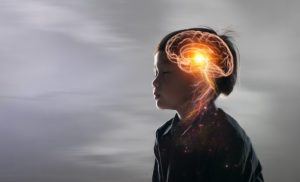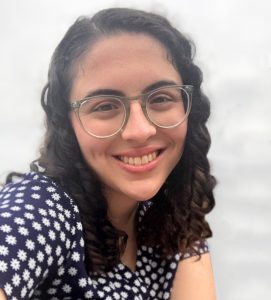
Bridging Two Worlds: A Guide to Supporting Twice-Exceptional Children
Twice-exceptional children combine high intelligence with learning differences and are often misunderstood. This guide outlines misconceptions, brain differences, and distinctive strengths, then offers practical strategies—strength-based learning, assistive technology, emotional support, breaks, and community—to help 2e students bridge challenges and reach their potential.


